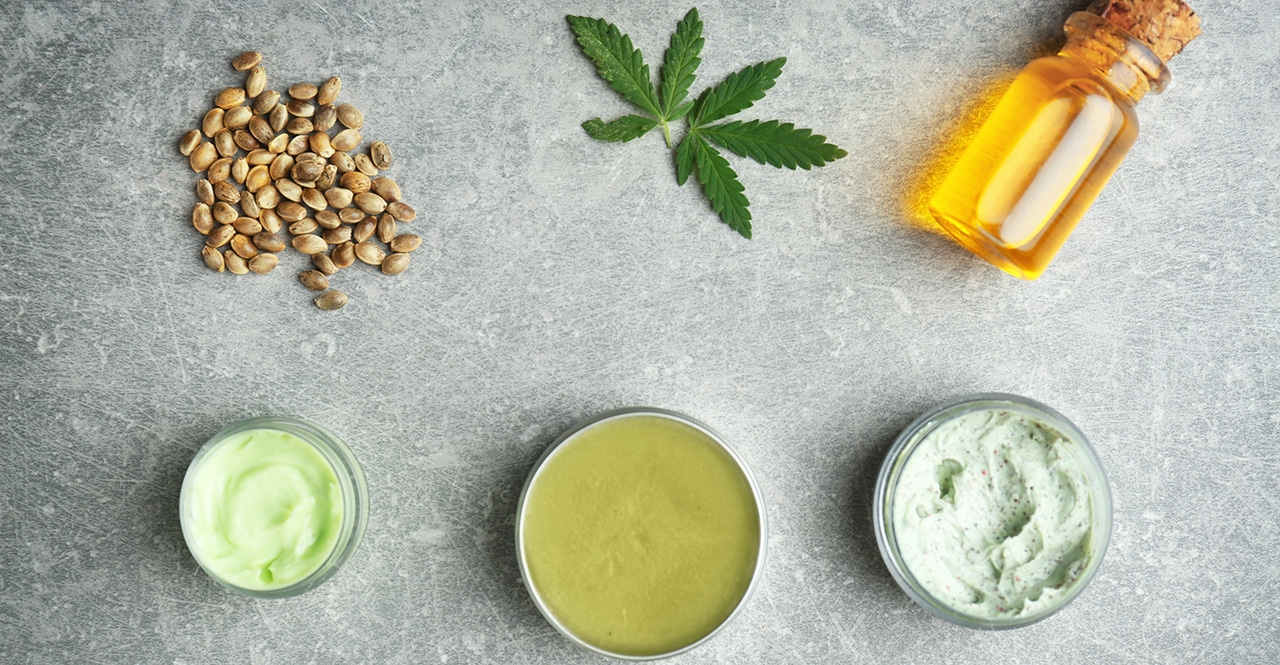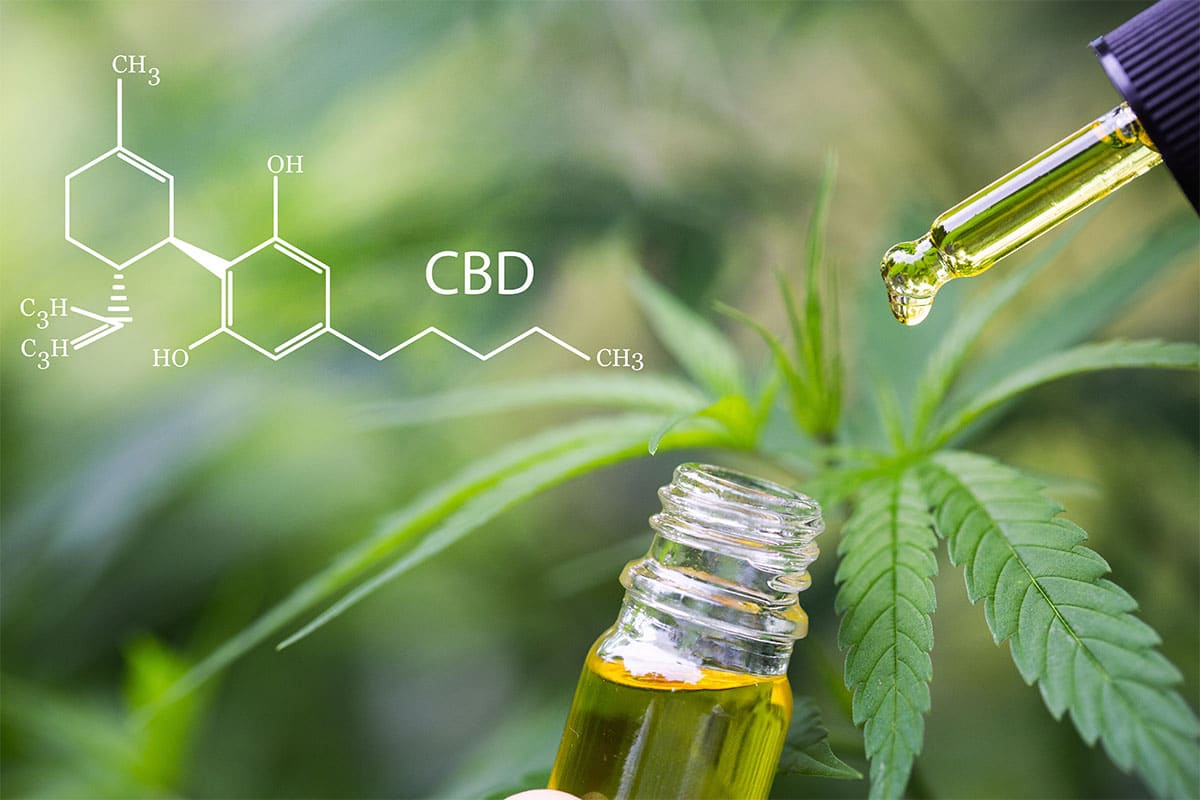Over the past few years, CBD has catapulted from niche wellness product to a mainstream phenomenon. Found in everything from oils and gummies to skincare and even pet treats, it’s clear that CBD has captured the attention of both wellness enthusiasts and medical professionals. But what makes this compound so special? How does it work, and why is it rapidly gaining popularity across the globe?
This guide dives into the science behind CBD, its benefits, its evolution as a wellness product, and how it stands apart from its often-misunderstood cousin, THC. Whether you're new to CBD or seeking to deepen your understanding, you’ll find answers to your questions here.
What Is CBD? Understanding Its Origins and Legal Status
CBD, short for cannabidiol, is one of over 100 naturally occurring compounds called cannabinoids found in the cannabis plant. Unlike tetrahydrocannabinol (THC), which is responsible for the intoxicating effects of cannabis, CBD is non-psychoactive. This means it won’t get you "high," making it a popular choice for those wanting the therapeutic benefits of cannabis without the mind-altering effects.
Most CBD is extracted from industrial hemp, a variant of cannabis that contains less than 0.3% THC. This low THC content is also a key reason why hemp-derived CBD is legal in many countries, including the United States under the 2018 Farm Bill. However, regulations vary widely by region, so it’s always a good idea to check local laws before purchasing.
The Science Behind CBD
CBD’s effectiveness lies in how it interacts with the endocannabinoid system (ECS)—a complex cell-signaling system found in humans and animals. The ECS plays a vital role in regulating essential functions such as mood, sleep, immune response, and pain sensation. It comprises three key components:
-
Endocannabinoids (naturally occurring cannabinoids in the body)
-
Receptors (CB1 and CB2) located throughout the body
-
Enzymes that help break down cannabinoids once they've done their job.
CBD doesn’t directly bind to ECS receptors like THC does. Instead, it influences the ECS indirectly by preventing the breakdown of endocannabinoids, helping the body maintain balance and homeostasis.
Benefits of CBD
The benefits of CBD extend across many aspects of health and wellness. While research is still ongoing, here are some widely recognized applications based on existing evidence and consumer anecdotes:
- Pain Management
CBD is gaining traction as a natural alternative for chronic pain relief. It’s reported to reduce inflammation and alleviate neuropathic and arthritic pain.
- Stress and Anxiety Reduction
Numerous studies suggest CBD may help reduce anxiety by affecting serotonin levels in the brain, offering a natural alternative to pharmaceutical treatments.
- Improved Sleep
People battling insomnia have turned to CBD for its calming effects, which helps improve the quality and duration of sleep.
- Neuroprotective Properties
Preliminary research shows that CBD could be supportive in conditions like epilepsy and other neurological disorders. The FDA even approved a CBD-based drug, Epidiolex, for treating seizures.
- Skin Health
Due to its anti-inflammatory properties, CBD-infused creams help manage skin conditions like acne and eczema.
While CBD isn’t a one-size-fits-all solution, it presents enticing possibilities for those seeking a natural approach to health.
CBD vs. THC: Key Differences
Though CBD and THC both come from the cannabis plant and share similar molecular structures, they differ significantly in their effects and uses. Here's a quick breakdown:
|
Aspect |
CBD |
THC |
|
Psychoactive Effects |
Non-intoxicating |
Intoxicating (produces a "high") |
|
Legal Status |
Legal in most regions (from hemp) |
Heavily regulated or illegal in most places |
|
Common Benefits |
Pain relief, anti-anxiety, etc. |
Pain relief, appetite stimulation |
Simply put, CBD is the go-to option for people who want therapeutic effects without the psychoactive buzz.
Types of CBD Products

CBD is available in a variety of forms to suit different lifestyles and needs. Here’s an overview of the most popular options:
-
CBD Oils and Tinctures
Easy to use and highly versatile, CBD oils are a top choice for many.
-
Edibles
Products like CBD-infused mushroom products and gummies offer a tasty and convenient way to consume cannabidiol.
-
Topicals
Ideal for localized relief, CBD-infused creams and balms can be applied directly to problem areas.
-
Vaping Products
Disposable vapes and HEMP-Cartridges deliver quick absorption and may appeal to experienced users.
-
Capsules
Pre-measured CBD capsules offer precision and portability.
Products range in potency, so always start with a low dose and gradually increase as needed.
Is CBD Safe? Potential Risks and Side Effects
CBD has a generally favorable safety profile, but like any supplement, it can cause side effects depending on the individual. Common side effects include:
-
Dry mouth
-
Diarrhea
-
Fatigue
-
Changes in appetite
It’s also crucial to consult a healthcare provider before incorporating CBD, especially if you are on medication or have an underlying health condition. Ensure that you purchase from a trusted and reliable store to avoid counterfeit or low-quality products.
Current Research and Future Outlook for CBD
The CBD market is booming, and research is expanding to explore its potential applications. Future directions include examining its impact on:
-
Treating mental health conditions beyond anxiety
-
Managing auto-immune diseases and inflammatory disorders
-
Expanding the understanding of CBD’s synergistic effects with other compounds, like those found in mushroom products.
The increasing integration of CBD into categories like mushroom gummies, skincare, and fitness routines points toward its enduring reign in the wellness world.
Unlock the Benefits of CBD for a Healthier, Happier You
CBD has captured the attention of wellness seekers and medical professionals alike, and for good reason. Its unique interaction with the body’s endocannabinoid system opens the door to countless therapeutic possibilities, from stress relief to pain management. Whether you’re intrigued by disposable vapes, interested in trying mushroom-infused CBD products, or simply want better sleep, CBD might be the game changer you’re looking for.
When exploring CBD products, remember to prioritize quality by buying from a trusted and reliable store. Start small, experiment, and find the option that works best for you.
Want to understand more or try it yourself? Start by exploring new wellness-focused products like CBD-infused mushroom gummies or hemp cartridges for a natural health boost.


